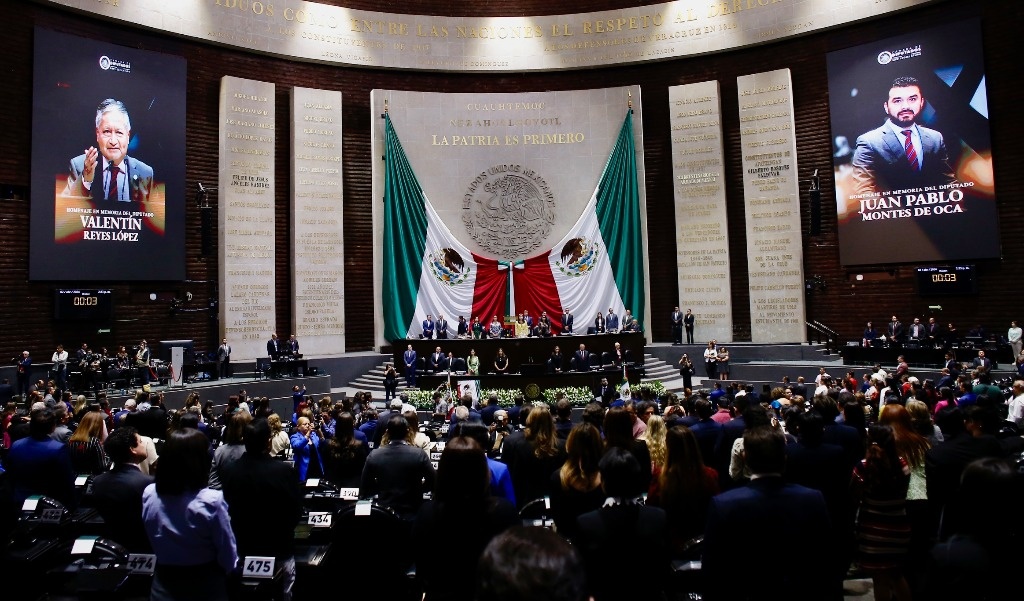featured

Exploited a stumble in Győr: Vasas won against Kozármisleny and moved up to 2nd place in the Merkantil Bank League
Vasas beat Kozármisleny 2-1 in the 28th round of the football Merkantil Bank Liga on Monday. With its success, Zoltán Gera’s team overtook Győr ETO and came to second place in the championship. Summary Vasas–Kozármisleny …

Exploited a stumble in Győr: Vasas won against Kozármisleny and moved up to 2nd place in the Merkantil Bank League
Vasas beat Kozármisleny 2-1 in the 28th round of the football Merkantil Bank Liga on Monday. With its … Read more

Precio del dlar hoy 15 de abril en Mxico, Honduras, Guatemala, Costa Rica y Nicaragua
The fluctuating exchange rates of the US dollar in various countries can have a significant impact on economies … Read more

BM-IMF fear the rise of unemployment and inequality
Washington y Nueva York. World leaders arriving in the US capital today for the spring meetings of multilateral … Read more

Thousands protest against Netanyahu in Israel
Madrid. Thousands of protesters have taken to the streets of Tel Avivi and other Israeli cities one more … Read more




